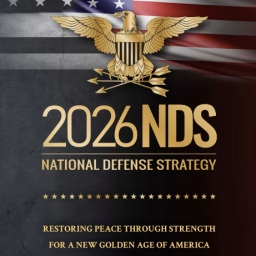
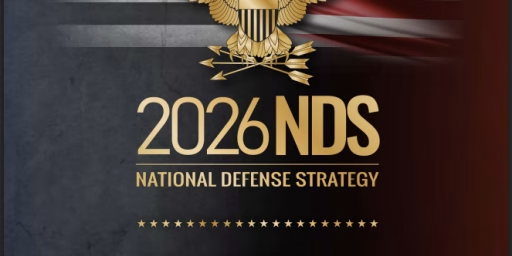
The 2026 National Defense Strategy
The long-awaited document is less disruptive than it appears on the surface.


The long-awaited document is less disruptive than it appears on the surface.


Congressional Republicans are reminding voters of a dark hour in the Biden presidency.


As memory of the Cold War fades, so does support for American primacy.
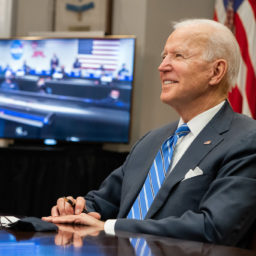
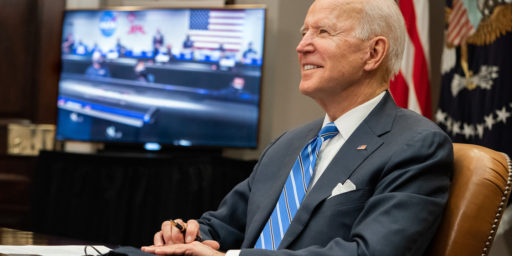
An interesting statement from his National Security Advisor.


Yes, it’s complicated, but it is also time to stop relying on cliches.
While he campaigned on a message of restraint, Donald Trump has largely adopted the interventionist foreign policies of his predecessors.
President Trump’s Afghanistan policy sounds awfully familiar, and it’s likely to lead to the same results.
The Army Chief of Staff and Commandant of the Marine Corps told Congress that women should be required to register for the draft just like men are.
My latest for War on The Rocks, “The Inter-Service Wars Are Looking Like Calvinball,” has posted.


In the current situation, speaking out forcefully as some are demanding can only do more harm than good.
Some questions for the Republicans who would be President about the actions of the last Republican President.
My latest for The National Interest, “Hagel’s Defense Cuts: The Least Bad Choice,” is out.


China’s Communist Party has announced a significant change to the nation’s infamous “One Child” policy.
The Iraq War did significant damage to the legacy of the Republican Party.
Despite some tough questions, Congressional Republicans didn’t land a glove on Secretary of State Clinton.


The Republican Party needs a new message on foreign policy that is true to the conservative principles of the base and yet has a broad appeal to the American public.
The Administration’s decision to stick with the meme that the Benghazi attack was about a movie becomes more puzzling.


A tragic incident in Afghanistan that’s likely to have tragic consequences.
The speech did exactly what it was supposed to do: kick off Obama’s re-election campaign while disguised as a call for unity.
A Washington Post fact check calls this “true but false.”
Gaddafi is dead, but it was still wrong for the United States to get involved in Libya.
One in three U.S. veterans of the post-9/11 military believes the wars in Iraq and Afghanistan were not worth fighting.
That a popular two-term governor of Utah is being rejected by likely Republican primary voters as insufficiently conservative shows just how extreme American politics has gotten.
Condi Rice’s speechwriter thinks Huntsman can appeal to the Tea Party.


Usually, Defendants plead guilty for perfectly rational reasons.


A few Republicans have picked up on John McCain’s criticism of critics of the Libya mission as being “isolationist.”
Last night, the President basically announced that America’s longest war had entered it’s end game.


For the first time since the end of World War II, the GOP is wrestling with two diametrically opposed visions of foreign affairs.


Elias Isquith proclaims my Atlantic essay “How Perpetual War Became U.S. Ideology” to be “a total disaster.”


I’ve begun to wonder about the future of U. S. security policy. This isn’t a serious analytical post; it’s just what I call “musing”—committing disorganized thoughts to writing.


Todays’ horrific attack on the UN complex in Mazar-i Sharif may well the the Tet Offensive of Afghanistan: a relatively minor event that permanently changed the American public’s view of the war.
There are many opportunities to go to war. Here’s a guide for choosing between them.


Perhaps the biggest insight from Bob Woodward’s latest book is the sharpness of the split between the military and civilian leadership.
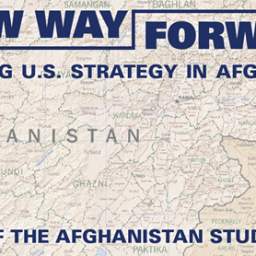
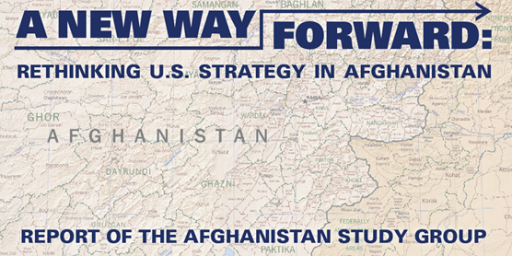
Steve Walt, Steve Clemons, Matthew Hoh and others have released a provocative new report arguing for a change in our Afghanistan strategy.
President Obama didn’t use the words “Mission Accomplished” last night, but the message was the same.


Some Republicans in Congress are worried they won’t be able to control the future Congressmen and Senators that the Tea Party might be sending to Washington.